This one goes out to all you last minute shoppers.
THE TWENTY FOURTH?!
One day to Christmas
One day to Christmas
Not enough time to do our Christmas shopping
We're not the shopple who peeped in time
We're not the sheeple who popped in time
We're not the people who shopped in time
Shopped in time, not enough time
We are the people who always wait until it's much too late, OH!
One day to Christmas
One day to Christmas
How will we ever do our Christmas shopping?
Why did we ever delay so long, who can recall?
Some of the family may not get a Christmas gift at all!
- She Loves Me, “Twelve Days to Christmas”
The Discworld Series
Looking for a satirical SF/fantasy series that addresses Shakespeare, the film industry, the postal service, collegiate sports, feminism, musical theatre, the nature of belief, the transition from snail mail to email, the ethics of interfering in other people’s wars, and dirty songs about the mechanics of sex with hedgehogs? Look no further than Terry Pratchett’s Discworld series.
The series encapsulates a number of sub-series and stand-alone novels, all set on a disc-shaped world, balanced on the backs of four elephants who stand on the shell of a gargantuan turtle. In Ankh-Morpork, the City Watch calms tension between the various ethnic groups (trolls, dwarves, vampires, etc.) and tries to keep the city at its optimum level of madness. In Lancre, a group of witches -- two of whom are basically versions of the grandmother you can’t take anywhere without her embarrassing you -- make it their mission to neutralize supernatural threats. In every part of the Disc, Death intersperses his regular duties with acts that prove that he’s actually a pretty swell anthropomorphic personification.
I will freely admit that this one could be seen as double-dipping since we already recommended the Hogfather miniseries. I will also admit that I don’t care. The Disc is populated with a ridiculous number of amazing women, like Granny Weatherwax, the witch whose (well-earned) reputation enables her to convince people of her awesome magical power without having to do much of anything, and Mal, the vampire who keeps their cool at all times, save for situations in which their unsatisfied coffee addiction leads to Apocalypse Now-style flashbacks. And if that’s not enough to convince you to check out the series, let me assure you that it’s really funny... and surprisingly poignant, but mostly very funny.
Fried Green Tomatoes at the Whistle Stop Cafe
If you’ve spent any time over the past decade or so watching movie channels, you’ve probably come across Fried Green Tomatoes. It is a well-known tribute to the power of women and the relationships they forge with each other. Released in the same year as Thelma & Louise, the film seems to fulfill a similar need for woman-positive stories.
The same spirit informs much of the original book. The story begins with Evelyn Couch, a middle-aged woman trying to define herself as a person after her children leave home. While she and her husband make weekly pilgrimages to visit his mother in a nursing home, she is banished to the waiting room. There she meets Ninny Threadgoode, an elderly woman who tells Evelyn almost unbelievable stories about her friends’ misadventures in the town of Whistle Stop, adventures that span decades and generations. Evelyn comes to know the characters of Whistle Stop and to allow their stories to shape her own.
The thing that really differentiates the book from the film is the sheer number and scale of these stories. While the movie focuses on four women -- Evelyn and Ninny, as well as the stars of Ninny’s recollections, Idgie and Ruth -- the book documents the life of Whistle Stop itself. Fear not, though, because these women still form the heart of a novel that is significantly more progressive than its adaptation. In the original, Ruth and Idgie’s relationship is not reduced to subtext, and Big George’s family has a thorough, engaging narrative of their own instead of serving as supporting players. We recommend that you track down both the book and the movie, but try to watch first and read second. Although the performances are well worth seeing, after you’ve immersed yourself in the textual Whistle Stop, the filmic version just seems a little sparse and unsatisfying.
Wicked
If you’ve been keeping up with happenings on the Great White Way for the last ten or fifteen years, you’ve probably seen some kind of advertisement for the musical Wicked, and therefore know that “there are two sides to every story.” So it might not come as a surprise to you that there are two sides to Wicked as well.
Both the musical and the novel on which it is based are retellings of The Wizard of Oz, focusing on the development of the misunderstood green girl, Elphaba, into the fearsome Wicked Witch of the West. The book follows Elphaba through the strange and foreboding circumstances of her birth, to her enrollment at Shiz University, where she nurtures a righteous activism and rooms with Galinda, the future Good Witch of the North. From there it chronicles her journey into witchdom, set against the backdrop of a totalitarian state that needs a villain to demonize and eradicate.
As with Fried Green Tomatoes, we’d recommend that you track down both the adaptation and the original novel; in this case, however, it’s mostly because they are vastly different stories that should be enjoyed based on their own respective merits. While the musical is a family-friendly tale of female friendship (and the guy that they fight over), the book is a dark, fantastical, adult work that exposes the problematic aspects of life in Oz and introduces a wonderfully, painfully compelling character in the form of Elphaba herself.
A Series of Unfortunate Events
I love media that teaches me things; from the generally useless trivia on the BBC panel show, Quite Interesting, to the important tips imparted by books like The Zombie Survival Guide, I adore anything that aims to help me learn. So, when I was twelve years old and The Ersatz Elevator promised to teach me the difference between “nervous” and “anxious,” I was pretty stoked.
The Ersatz Elevator is the sixth in a set of alliteratively titled novels known as A Series of Unfortunate Events, the tale of Violet, Klaus, and Sunny Baudelaire, whose lives take a terrible turn when they arrive home from a day out only to find that there is no home left to return to. Having lost their parents to the fire that consumed their house, they are sent to live with a distant relative named Count Olaf, who quickly proves himself to be an evil man desperate to get his hands on the Baudelaire fortune. The series follows the orphans as they try to derail Olaf’s dastardly plans and solve the mystery of their parents’ deaths.
Like Roald Dahl, Lemony Snicket depicts a world in which adults come in three main flavours: useless, evil, or dead. Meanwhile, the child protagonists are intelligent and endlessly resourceful, working to overcome the authority of some pretty ghastly grown-ups. Violet is a world-class inventor, Klaus a voracious reader, and Sunny a powerful biter (and brilliant chef). Together, they solve crime (usually with very few repercussions for the perpetrators -- this is a series that embraces the idea that life is unfair, after all). What really makes the book worth your time, however, is the narrative voice. Not only does Lemony Snicket teach you things that will come in handy in highly specific situations, he also works into the text hints about his own tragic tale. It’s a bit like getting two depressing, yet hilarious, stories for the price of one.
World War Z
Today, hundreds of thousands of people will trudge toward their local mall in search of that last forgotten gift. They will shuffle between stores and congregate in hordes to feed, then, by the end of the day, form a teeming mass of shambling, bleary-eyed, spiritless shells. So, I ask you, what’s more Christmassy than zombies?
A lot of things, probably. Still, the storytelling spirit that infuses the holiday season is alive and well in this oral history of the zombie apocalypse. The book is presented as a true account of the Zombie War, written when the narrator, who conducted interviews for a UN Postwar Commission Report, was told that the report itself was not the proper forum to present “the human factor” of the story. Told in the words of the survivors, World War Z chronicles the spread of the zombie infection, the steps humanity takes to survive, and the messy aftermath as the world tries to rebuild itself.
It is precisely “the human factor” that makes this novel a stand-out among zombie fiction. Each vignette is a snapshot of an individual experience, and the true brilliance of the story is that it manages to convey the global scale of the events with all the pathos of a personal account. Among my favourites are the stories of Mary Jo Miller, the almost painfully normal woman who designed the zombie-proof house and became mayor of the first town built out of them, and Colonel Christina Eliopolis, a pilot with the National Guard whose tale of survival I won’t spoil except to say that I will never forgive the makers of the upcoming film adaptation for giving up their chance to portray it.
(On that note, don’t dismiss the novel after seeing the trailer. While the movie looks like it’ll be a generic action film about one white, American man saving the world so he can get back to his family, the book is a story about the psychological cost of survival, told from the perspective of a diverse group of people.)
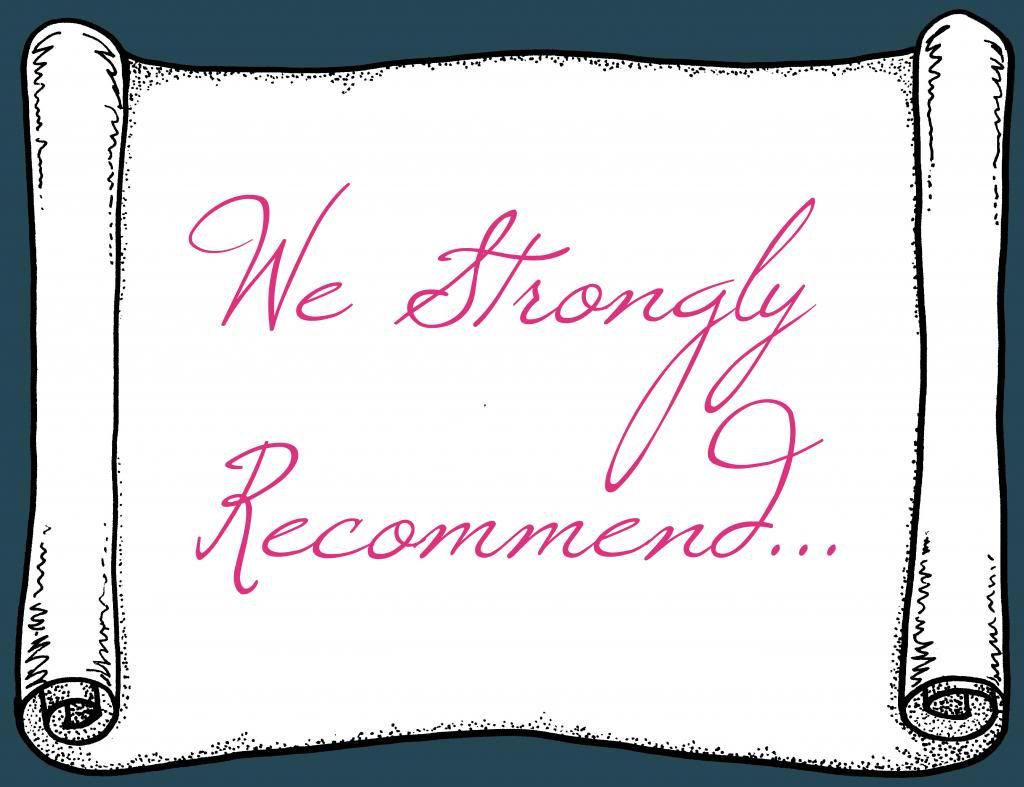
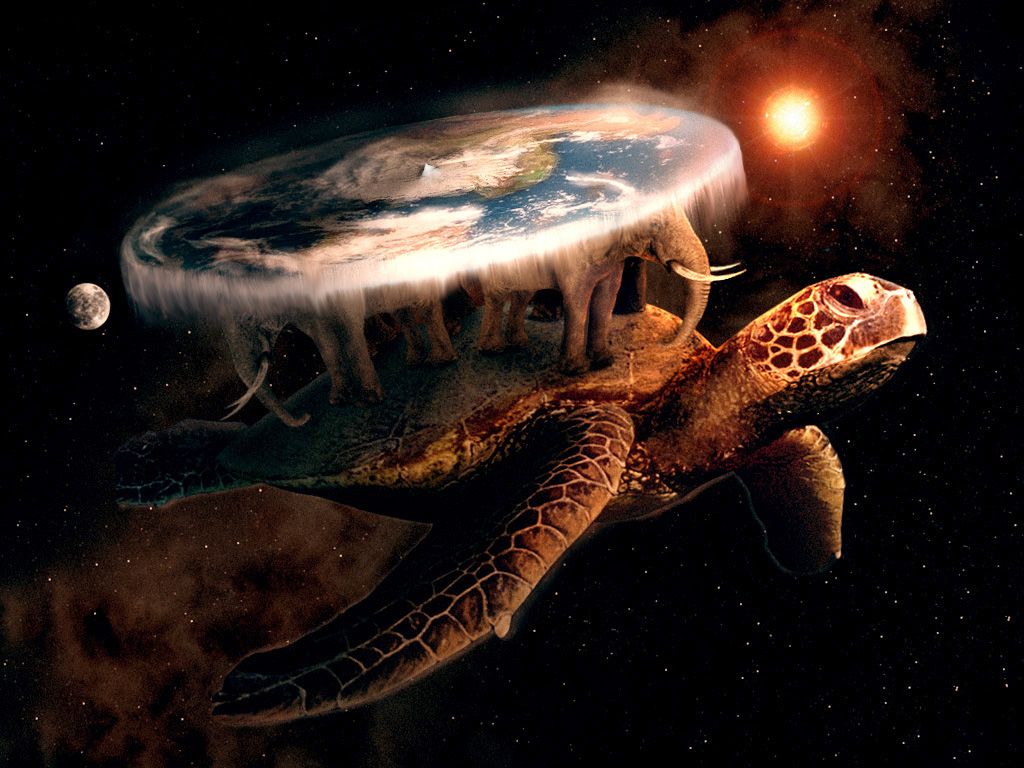

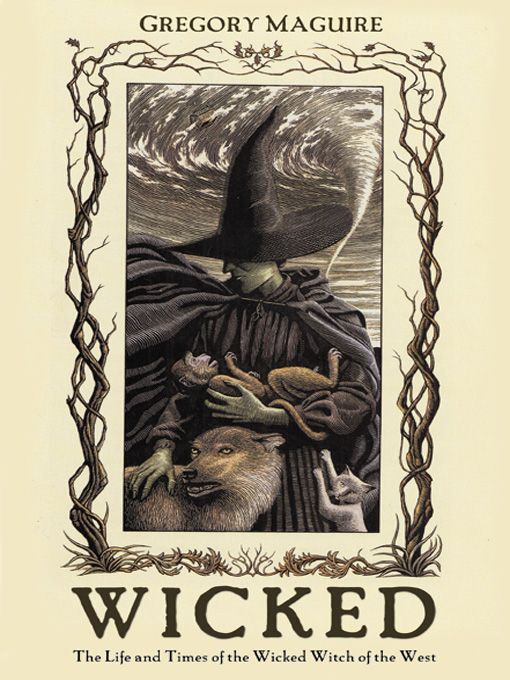
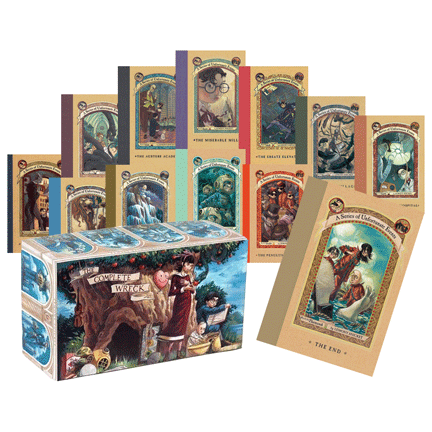
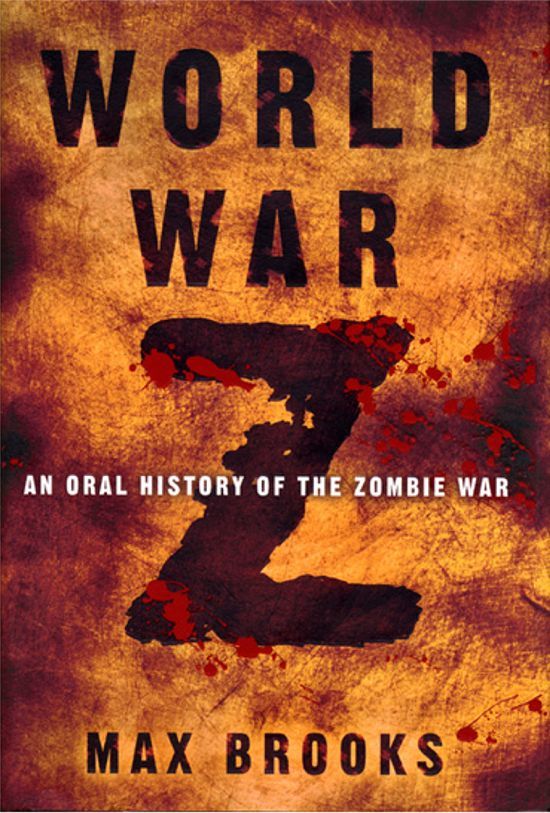
I really like your blog and I agree and will follow yours recommendation. I think it's a really good work cus it help me to find things I'll probably appreciate.I like to read and watch stories with good female character and it's a little difficult to find them, sometimes the one I think it's good or even feminist turns out to be as sexist as a rap music video, and here you help me not just to find good stories but also to not waste my time with something that is not worth.
ReplyDeleteSorry for bad English
Thank you for your compliments! We're glad to have a fan, and we hope you enjoy our future posts.
DeleteOh, a book from a genre I like, that's fantasy, that I think you could recommend is Eragon. Ok, it isn't the most original book, but the female characters are really well written and strong, what is very unusual for it's genre.
ReplyDeleteFirst of all the dragon of the protagonist, a dragon rider, is female, and she is like the second protagonist, also, she is one of the last four dragons and the last female, so the most important of them.But she's not just the last female, she is a strong,loyal, and brave dragon, and for a long time the only hope,along with her rider, to save the world.
Second, the "love interest" is a strong, determined and independent elf, that is older, stronger and smarter then the protagonist, and just fall in love with him after a long time, not because he won her, but because he matured and became stronger and smarter.And in the final >SPOILER< she choose to stay and assume the position of her mother as Queen of Elves over go away with him and leave everything behind, but it's implied that they will see each other again.>end of SPOILER<
And third, the leader of the rebels (the good guys) is a black woman, who is also a well written character, and a very good leader, and in the final >SPOILER< , when the king(the bad guy) is defeated, she is is chosen to take his position and became the Queen of Humans, which causes two of the four main types of creatures(aside dragons) in this book to be ruled by Queens. >end of SPOILER<
Sorry for bad English, and for the long text.